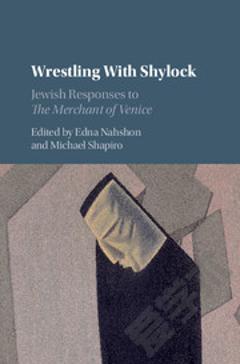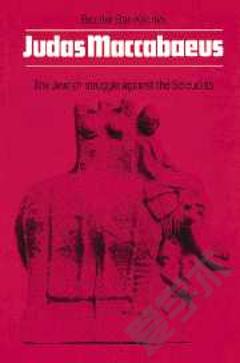Wrestling with Shylock: Jewish Responses to The Merchant of Venice
Shakespeare's The Merchant of Venice occupies a unique place in world culture. As the fictional, albeit iconic, character of Shylock has been interpreted as exotic outsider, social pariah, melodramatic villain and tragic victim, the play, which has been performed and read in dozens of languages, has served as a lens for examining ideas and images of the Jew at various historical moments. In the last two hundred years, many of the play's stage interpreters, spectators, readers and adapters have themselves been Jews, whose responses are often embedded in literary, theatrical and musical works. This volume examines the ever-expanding body of Jewish responses to Shakespeare's most Jewishly relevant play.
{{comment.content}}








 京公网安备 11010802027623号
京公网安备 11010802027623号